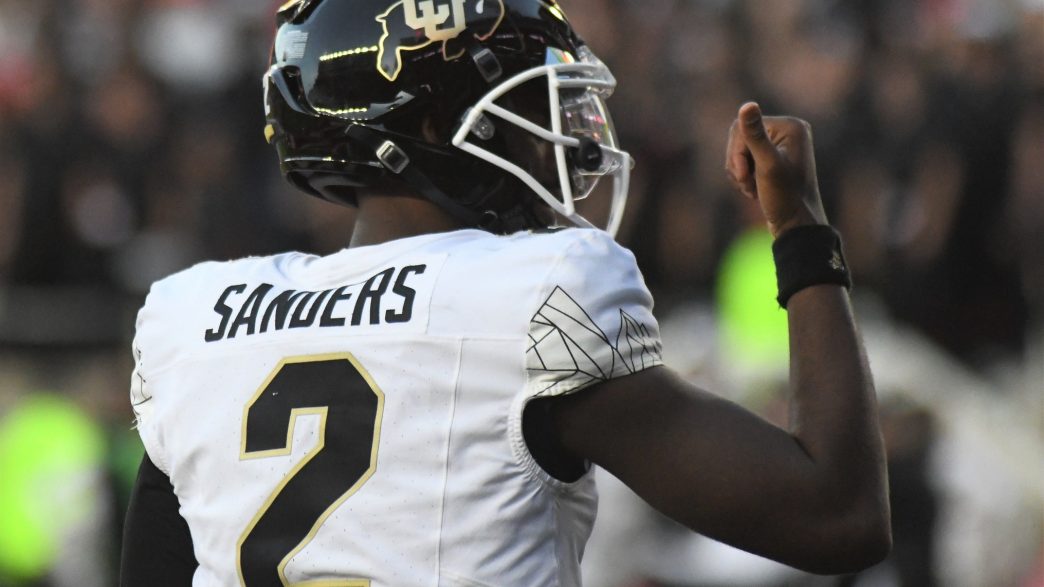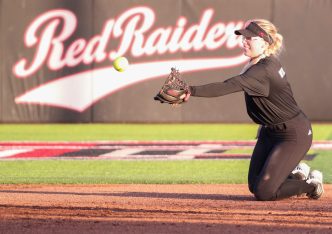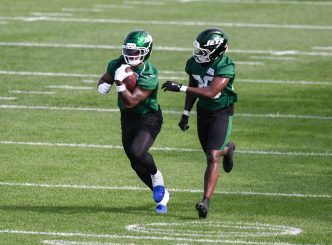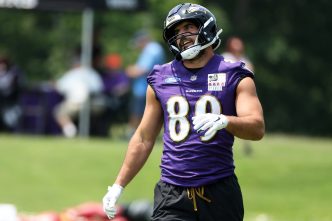The NFL Draft is always a time of intense speculation and team strategy, as franchises look to fill key positions that could turn the tide of their fortunes. This year, the spotlight is on several teams within the top 10 that have a glaring need at the quarterback position, including the New York Giants, Las Vegas Raiders, Tennessee Titans, New York Jets, and New Orleans Saints. However, the 2025 draft class isn’t exactly brimming with standout quarterback talent, which might come as a surprise to some observers of the college football scene.
At the center of this conversation is Shedeur Sanders, a name that carries some weight due to his father, Deion Sanders. While Shedeur is currently seen as the best quarterback of this draft cohort, the consensus is that he may not be a first-round selection—a rarity for those expected to catalyze a franchise’s transformation.
Sanders has certainly shown flashes of brilliance during his time with Colorado, amassing impressive stats like 4,134 passing yards and 37 touchdowns this season. Yet, the leap to the NFL requires more than just stats, focusing on readiness to handle the complexities and speed of the professional game. Sanders’ performance has been hampered by subpar offensive line play, yet even so, his holding onto the ball too long is a concerning trend. Over his college career, his pressure to sack rate stands at a hefty 20.9%, indicating a need for quicker decision-making under duress.
While mobility is part of his skill set, Sanders has been inconsistent in utilizing his legs to evade pressure effectively. His ability to scramble and make throws on the run appears sporadic, lacking the instinct some NFL evaluators look for in a top-tier quarterback. Moreover, his struggles become more pronounced when the pocket collapses around him, affecting both his accuracy and composure.
Given the current vulnerabilities in the offensive lines of these quarterback-needy teams, Sanders might find it challenging to perform at his best without further development. It’s a consideration that potential suitors must weigh heavily.
Ultimately, while Sanders’ future in the NFL holds promise, he might not provide the immediate impact that teams picking high in the draft are seeking. For these organizations, passing on Sanders in the first round might be the prudent choice, allowing them to address other significant deficiencies in their rosters while possibly targeting quarterback solutions in later rounds or future drafts.








